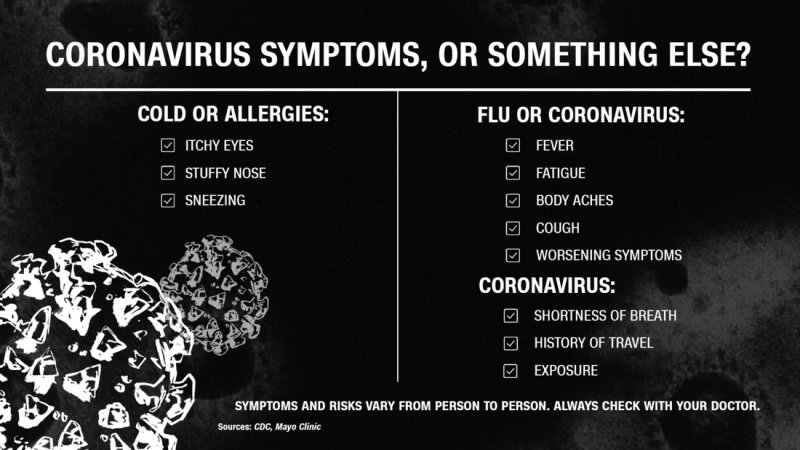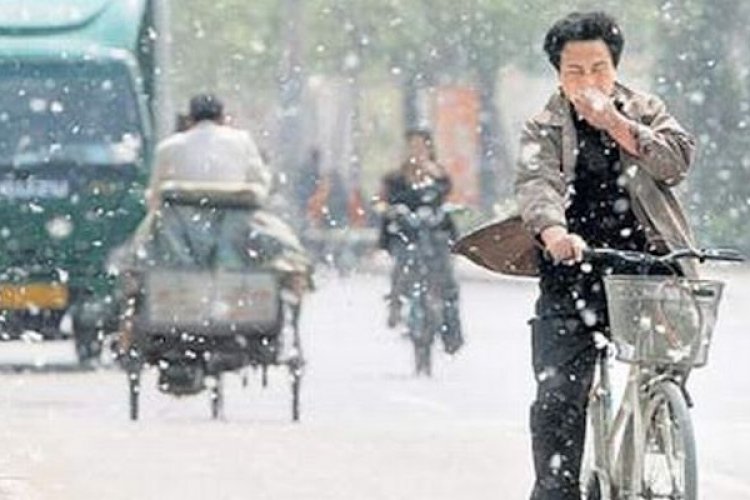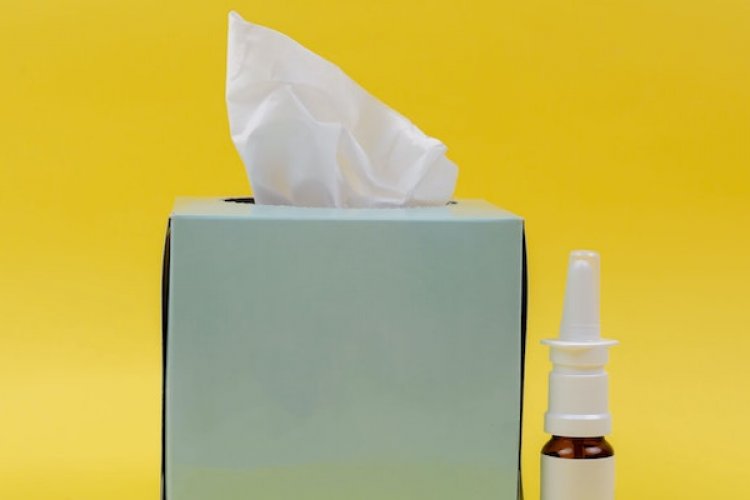Can Seasonal Allergies Affect Your Body's Response to the Coronavirus?
Spring is just around the corner, and while coronavirus watchers as credible as Donald Trump have conjectured that the warming of the weather will put an end to the epidemic situation (though conveniently forgetting to mention that it may return next winter), we cannot know for sure if that will be the case. What is certain, however, is that the changing of the seasons will bring common allergens into the air – although hopefully those fluffy catkins will less of a problem than usual thanks to the city’s efforts to alter the poplar and willow trees that produce them.
Still, seasonal allergies, better known as hay fever, can be caused by many different airborne allergens, and those who suffer from allergies should consider their effects on the immune system.
What do allergies have to do with immunity?
Not only are allergies related to your immune system, they essentially are your immune system. An allergic response happens when your body overreacts to a harmless substance. For seasonal allergies, this usually takes the form of nasal inflammation, itchy eyes, sneezing, wheezing, or trouble breathing in response to pollen from trees, grass, and ragweed.
Can that response weaken your body’s ability to fight genuinely harmful pathogens? According to allergist Neil Kao, it just might, and for that reason, people with allergies should take precautions to deal with them if they want to avoid infection. As he told the Wall Street Journal, “By dampening the overreactive response, the immune system can focus on bacteria and viruses.” In other words, your allergies are a distraction, and treating them lets your body focus on the fight that matters.
What can I do about my allergies?
As we reported last spring, a number of allergy treatments are available over-the-counter in China, including Claritin and Benadryl. Additionally, the same strategies you have been using to avoid the coronavirus may also be useful for avoiding allergens. That is to say, staying indoors with the air filter turned on will not only help protect you from the virus but from the allergens that could weaken your body’s response to it. And if you have been asking yourself whether that mask is even doing anything to stop the virus, you can now wear it proudly knowing that it is at least helping to block allergens.
How can I tell the difference between allergies and the coronavirus?

If it is your first spring in Beijing, you should also note that pollens here will likely differ from your home country, so you might discover an allergy you never knew you had.
That might leave you wondering if your stuffy nose is due to allergies or something worse. The coronavirus can cause similar nasal symptoms, but if it is accompanied by itchy eyes, it is likely just allergies. On the other hand, symptoms such as fever, fatigue, or cough, could be signs of the flu or coronavirus. If you think you might be infected, be sure to visit a hospital for testing.
READ: Just Breathe: 5 Simple Tips for Staying Calm in Uncertain Times
Images: Libscomb.edu, Scientia CNN







